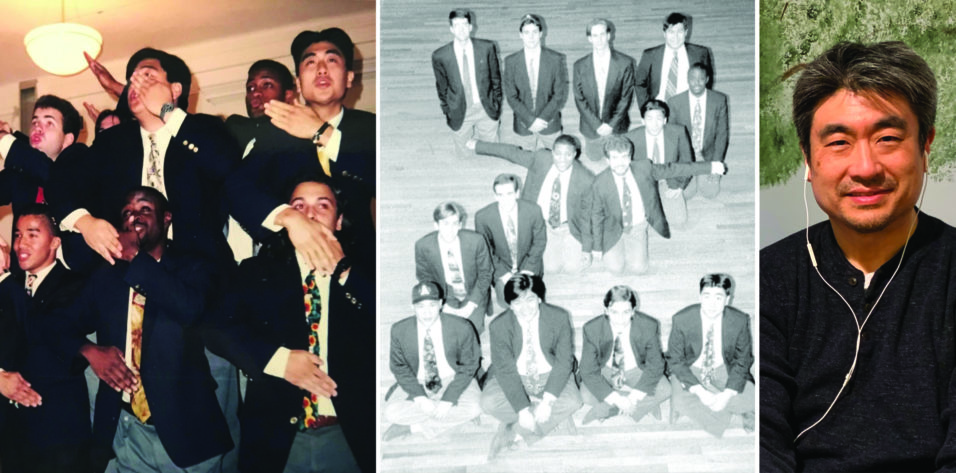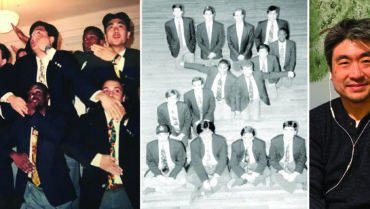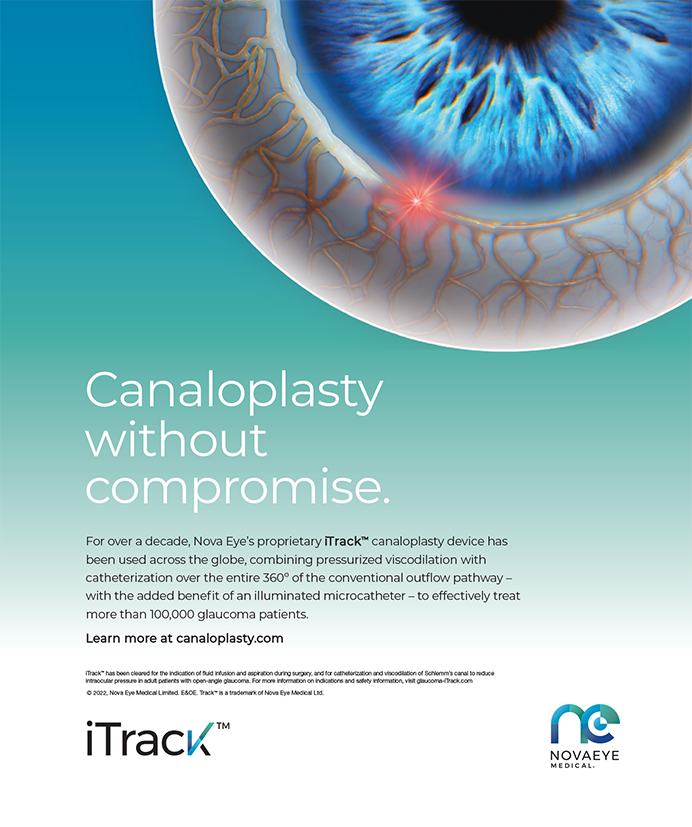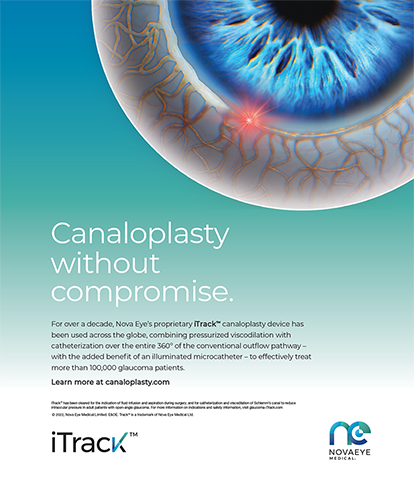
I attended Amherst College, a small liberal arts school located in Amherst, Massachusetts. A cappella music was a big deal there—way before Glee and Pitch Perfect made it a part of the mainstream. A friend of mine jokingly suggested I try out for the Zumbyes, the school’s all-male singing group known for its outstanding jazz vocals, synchronized dance moves, and hilarious skits. I had no musical background, yet still I accepted his challenge. I did not make the cut, but the group’s members told me I had raw talent and invited me to try again the following semester. In the spring of my sophomore year of college, I auditioned again and became a Zumbye (Figures 1 and 2).
An Untrained Singer
The Zumbyes were, essentially, a fraternity. Rather than focus on parties, however, we focused on singing. The guys in the group were amazing musicians who both sang and composed music. They transcribed well-known songs into an a cappella style, which is no easy task. I sang tenor 2, which is higher than baritone but lower than tenor 1. The group taught me the basics—breathing techniques, singing from the diaphragm, opening the mouth and projecting sound, and, most importantly (in a cappella), blending. Blending is when you make your voice so light and airy that it merges with the other singing voices into one mellifluous and harmonious sound.
In addition to singing on the Amherst College campus, the Zumbyes were invited to sing at other colleges. Over spring break, we would go on tour to perform at different venues across the country. We produced a record in a professional recording studio and sold CDs—state-of-the-art technology at the time—to fund the tours. During my senior year, we toured my home state of Florida. My parents were generous enough to let us all stay at their home in Plantation for a few nights. We gave them a private concert at their home to thank them. I am forever grateful to the Zumbyes for that special gift. The icing on the cake of our tour of Florida was getting to sing the national anthem at a Miami Heat versus Golden State Warriors NBA basketball game in Miami. These are memories I will never forget.
Apart from singing in my church’s choir, I haven’t sung as I did with the Zumbyes since my time at Amherst College. I did, however, start a new tradition when I started practicing. I sing to my patients—usually while doing procedures, whether in the clinic, the minor procedure room, or the OR. My intention is to distract them from any anxiety they might be experiencing, and the strategy usually works like a charm. It has also created a bit of a problem for me. After completing a successful surgery, I have had patients tell me that they felt disappointed because they were told by other patients of mine that I would sing to them during their procedure. I had no idea I was earning a reputation among my patients as a singing surgeon. Even though my college days are decades ago, the skills I learned from my Zumbye brothers help me care for my patients to this day.
Medical School and Training
I met my wife at Albany Medical College in New York. She’s from California. Neither of us had ever been to Upstate New York. We could never have expected that it would be where we would meet our future life partners. I am so grateful that life brought us together. After medical school, we went to New Orleans for training. I attended Louisiana State University Eye Center for ophthalmology, and my wife attended Tulane for internal medicine, followed by a fellowship in allergy and clinical immunology. After we endured the trials of Hurricane Katrina, we completed our training and moved to Dalton, Georgia, and we have lived there ever since—another place my wife and I never expected to live.
Many of my colleagues are surprised when they find out where I live. I suppose they think of me as someone who would go to a big city to join a high-profile practice. However, I learned something important during my time in New Orleans: It is not where you are but who you are with that matters the most. I interviewed all over the country. I chose Dalton because the doctors at Professional Eye Associates were ethical, caring, and fair. They were people I wanted to work with, and, 15 years later, they have yet to disappoint me.
A Passion for Teaching
During my residency, I loved learning the nuances of surgical techniques. At conferences, I was mesmerized as the master surgeons shared pearls from the podium. Years later, I found myself wishing to pay it forward by sharing my own pearls with young surgeons. Disappointingly, the quality of the video recording system at our surgery center was poor, so I couldn’t use it to share pearls with my colleagues. I didn’t feel right asking my partners to spend tens of thousands of dollars on something only I would use, so my teaching pursuits had to wait.
Luckily, when we were looking to upgrade our equipment in 2016, we had the opportunity to be one of the first practices in the United States to purchase the all-in-one Luxor microscope (Alcon) with an integrated recording system. Without it, I never would have started my YouTube channel, which now houses more than 300 surgical videos and has grown to have more than 7,000 subscribers (Figure 3). Recording my surgeries and sharing them online has allowed me to connect with incredibly gifted surgeons and professors across the United States and abroad. These relationships helped pave my pathway to the podium. As a private practitioner in a small town, I never imagined the impact that the internet and social media would have on my career.
It is a tremendous honor and privilege to share my knowledge with others. Publishing videos, lecturing at conferences, and teaching wet labs one-on-one are a lot of work, but they are a labor of love. I enjoy every moment. Whenever I have a tough case, I am excited to share it with my colleagues. I’ve been accused of being a workaholic, but if you love what you do every day—helping patients see better and teaching colleagues new and exciting techniques—is it really work?
Current Phase of Life
My daughter will be leaving for college next year, and my son is thriving in middle school. So far, my life has been full of twists and turns that have led me to places I never expected to go. If I had been hyperfocused on pursuing my own vision of my life, I would have been sorely disappointed and frustrated by the unexpected, but it’s in life’s pivotal moments that beautiful things happen. By keeping our minds and hearts open, my wife and I have built a pretty good life—one that has far exceeded any preconceived notions either of us had.




